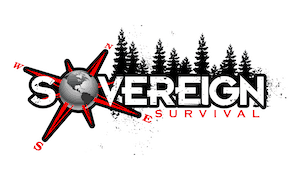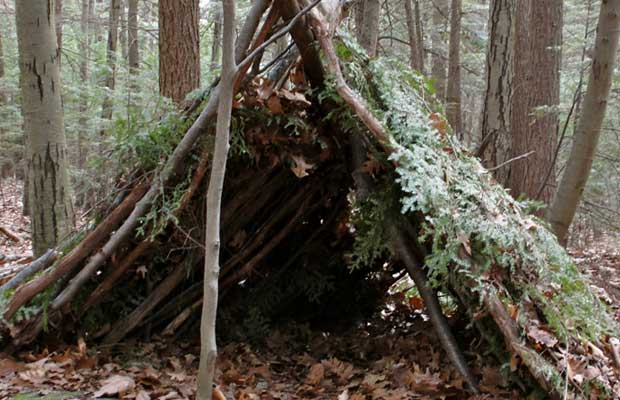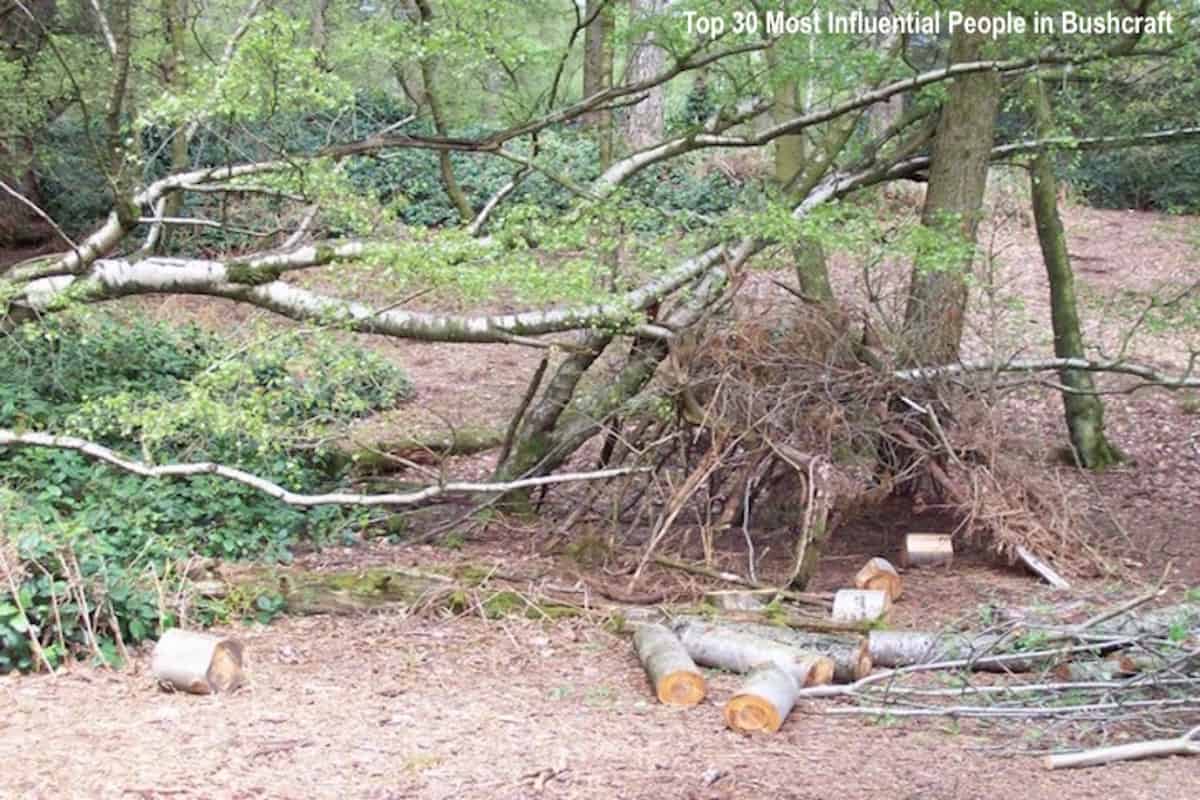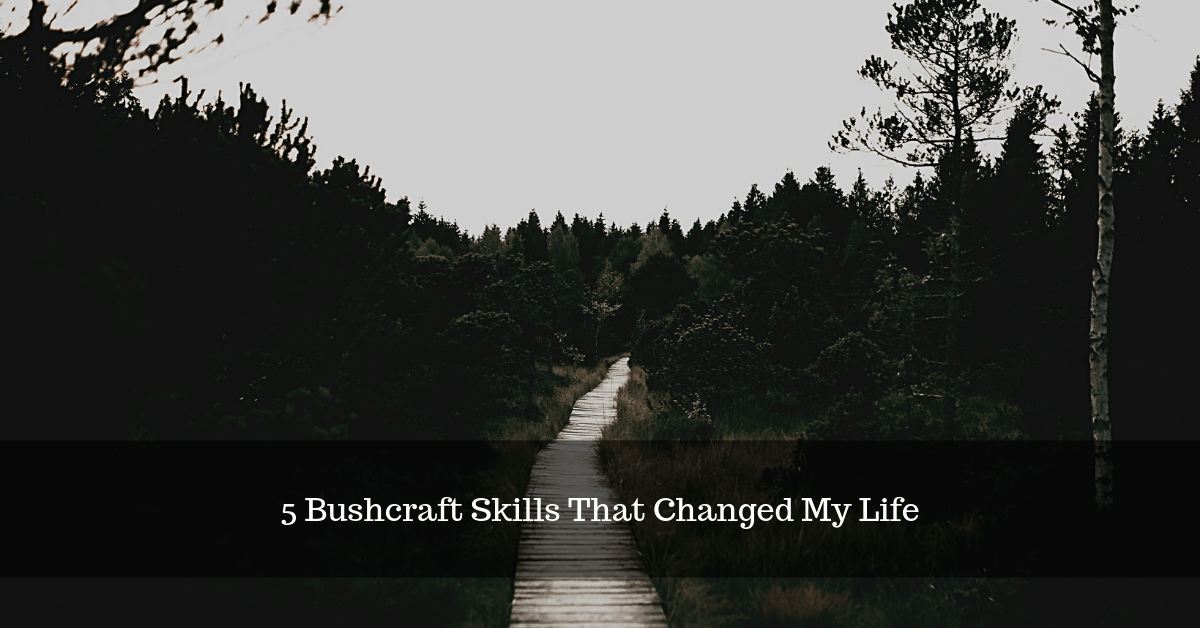Outdoor survival skills that every prepper needs to know
If you are preparing for off-grid living or for a survivalist situation then there are a few essentials that you need to know in order to survive.
Apart from the basics of food, water, shelter, and heat, your outdoor survival greatly depends on being able to instinctively hone skills which will find and utilize these needs.
Here are 3 Bushcraft Instincts to master and 2 instincts to ditch.
1) Find a place to camp / find your bug out spot
You do not want to wait until a disaster occurs to find a suitable place for you to survive.
When in need of a place to camp, it is human nature to just go for the first one that looks good.
However, this is not necessarily the best-case scenario.
In fact, the odds of you finding that idealistic spot on the first try are slim to none.
Therefore, you need to have a disaster plan which has already been scouted with two or more locations.
Why two or more?
In the event of a disaster (whether that is a natural disaster or a man-made disaster) you will need to be able to have somewhere to go.
Now, if the first area becomes inaccessible due to debris, quarantine, government blockage, etc. you need to have an alternative.
Look for a spot that has:
- Easy access to water
- Game trails
- Natural Shelters (such as caves and large trees)
- A good visual advantage while at the same time not too much exposure
- Plenty of resources that you can gather for your survival
You do not want to set your camp directly beside a stream or in a large open flat area.
These areas are very vulnerable.
Instead, you should pick a spot that can work both offensively and defensively.
Once you have established your routes, practice getting to your spot from various locations during various times of the day.
It should come to you as an instinct of where you need to go.
This way in a survival situation your instincts will lead you to a well-defined area which increases your chances of living past your 3-day survival gear.
2) Build a fire
Fire is going to be one of the essential skills of your survival.
You need heat to survive as well as to cook food and as a sanitizing method.
If you are relying on the fire craft element in your survival gear to do all of the work, then you have greatly minimized your chances of survival.
The bushcraft of building a fire is one of the simplest things to master, but one of the most overlooked skills for beginners.
To be able to effectively build a fire you will need to:
- Master finding flint and another level 7 hardness stones to create sparks. If you do not know what level 7 hardness is then you are already at a disadvantage, but so that you are caught up to speed, level 7 stones are those which have a very hard density. They do not chip very easily and the edges tend to be rather rough. The hard stones are usually that of flint or quartz but can involve other hard rocks.
- Master using the flint and steel as well as how to create a bow-drill (so that you have two methodologies to building your fire)
- Understand the difference between green and dry wood
- Know where to look for kindle
- Know how to make an effective A-frame/ tripod fire
How to make an a-frame / tripod fire
As you can see, it goes a bit beyond just lighting the sparks to something dry.
Mastering your fire craft should be a priority.
3)Determine Suitable water sources
There is this thought that any water that is found in the wild is ok for off grid living.
This is a complete fabrication.
Where it is true that most of the water that you find will be able to be made into drinkable water, a great deal of the water is not by itself ready for consumption.
For example:
if you go to a river or a stream and you find water you should boil it.
Water found in puddles should be examined to see if there is any alga or other bacteria in it (or mosquito larva).
Should you find bug infestation or algae on the surface, then even the best filtration system may not remove all the contaminants.
However, if you can collect rain, dew, or snow you do not need to purify the water (unless of course, it has been sitting for a while).
Understanding what water is good to drink and what water will kill you (or at minimum make you sick and wish you were dead) is a critical instinct that you must master if you want to be able to survive off-grid living.
What you should NEVER do:
- If your instinct in a critical situation is to panic, you need to quickly ditch this habit. Panic leads to quick and irrational decisions which oftentimes result in injury or death.
One way to avoid panic is to have a disaster preparedness plan and to practice that plan until it becomes routine. As the plan becomes instinct, you become less apt to wondering what to do and more apt to follow what you know to do. - Think that you have all the answers. On the other end of the spectrum are those survivalists that believe that they have all the answers.
Where you can get a great deal of training and hands-on, you need to realize that there are some things which you will learn as you go.
Does this make you ill-prepared? No, it does not. You can still be prepared for these situations by overcompensating your bag with things that you think you have “under control”. This way if you come to find out that you are not in control of a situation, you still have the survival gear to fall back on.






